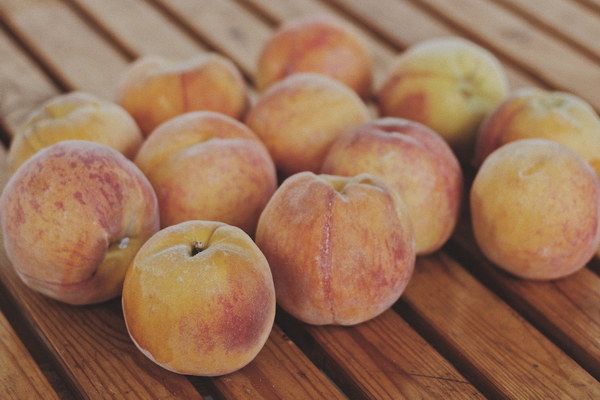Winter Health Care Prioritize Lung Nourishment for Optimal Wellbeing
Winter is a season that brings along a variety of challenges for our health, with cold weather, low humidity, and reduced daylight hours contributing to weakened immune systems and increased vulnerability to respiratory infections. In traditional Chinese medicine, winter is associated with the element of water, which is believed to govern the kidneys and the bladder, but it is also the season when lung health takes center stage. Hence, the focus of winter health care is to nurture the lungs, as they are particularly susceptible to damage during this cold season. This article will explore the importance of lung care during winter and provide practical tips on how to incorporate lung-nourishing practices into your daily routine.
The Lungs in Winter
The lungs are responsible for taking in oxygen and expelling carbon dioxide, which is essential for maintaining the body's energy and vitality. During winter, cold air can irritate the delicate lining of the lungs, leading to congestion, coughs, and infections. To combat these issues, it is crucial to prioritize lung health and implement strategies that help protect and strengthen this vital organ.
1. Warmth is Key
Winter brings with it cold air that can easily lead to lung irritation and congestion. To keep your lungs warm, dress warmly and avoid exposing yourself to cold drafts. Wear a scarf to protect your neck and chest, and consider using a humidifier in your home to add moisture to the air, which can help to prevent dryness and irritation.
2. Nourishing Foods
Traditional Chinese medicine emphasizes the importance of eating foods that support lung health during winter. These include:
- Apples: Known for their lung-nourishing properties, apples can help to relieve coughs and reduce inflammation.
- Ginger: This root can help to clear congestion and support the immune system.
- Honey: A natural cough suppressant, honey can be added to warm tea or eaten with ginger to soothe the throat.
- Dark leafy greens: Rich in vitamins and minerals, these greens support lung function and overall health.
3. Herbs and Supplements
Certain herbs and supplements can help to boost lung health during winter. Some of the most beneficial include:

- Astragalus: Known for its immune-boosting properties, astragalus can help to prevent respiratory infections.
- Elderberry: This berry has been shown to have antiviral properties, making it a great supplement for preventing colds and flu.
- Echinacea: Echinacea is well-known for its immune-boosting effects and can help to speed up recovery from respiratory infections.
4. Breathing Exercises
Practicing deep breathing exercises can help to strengthen the lungs and improve respiratory function. Some popular exercises include:
- Alternate nostril breathing: This technique involves breathing in and out through each nostril in turn, which can help to balance the body's energy and improve lung health.
- Diaphragmatic breathing: Focusing on using the diaphragm to breathe deeply can increase lung capacity and improve oxygen flow throughout the body.
5. Mindfulness and Stress Reduction
Stress can weaken the immune system and make you more susceptible to respiratory infections. To keep your lungs healthy during winter, it is important to find ways to reduce stress. Engaging in mindfulness practices, such as meditation, yoga, or deep breathing exercises, can help you to stay calm and relaxed throughout the season.
Conclusion
Winter is a time when lung health should be a top priority. By following these lung-nourishing practices, you can help to protect your respiratory system and maintain overall well-being throughout the cold season. Remember that prevention is key, and taking care of your lungs now can lead to a healthier and more comfortable winter.









